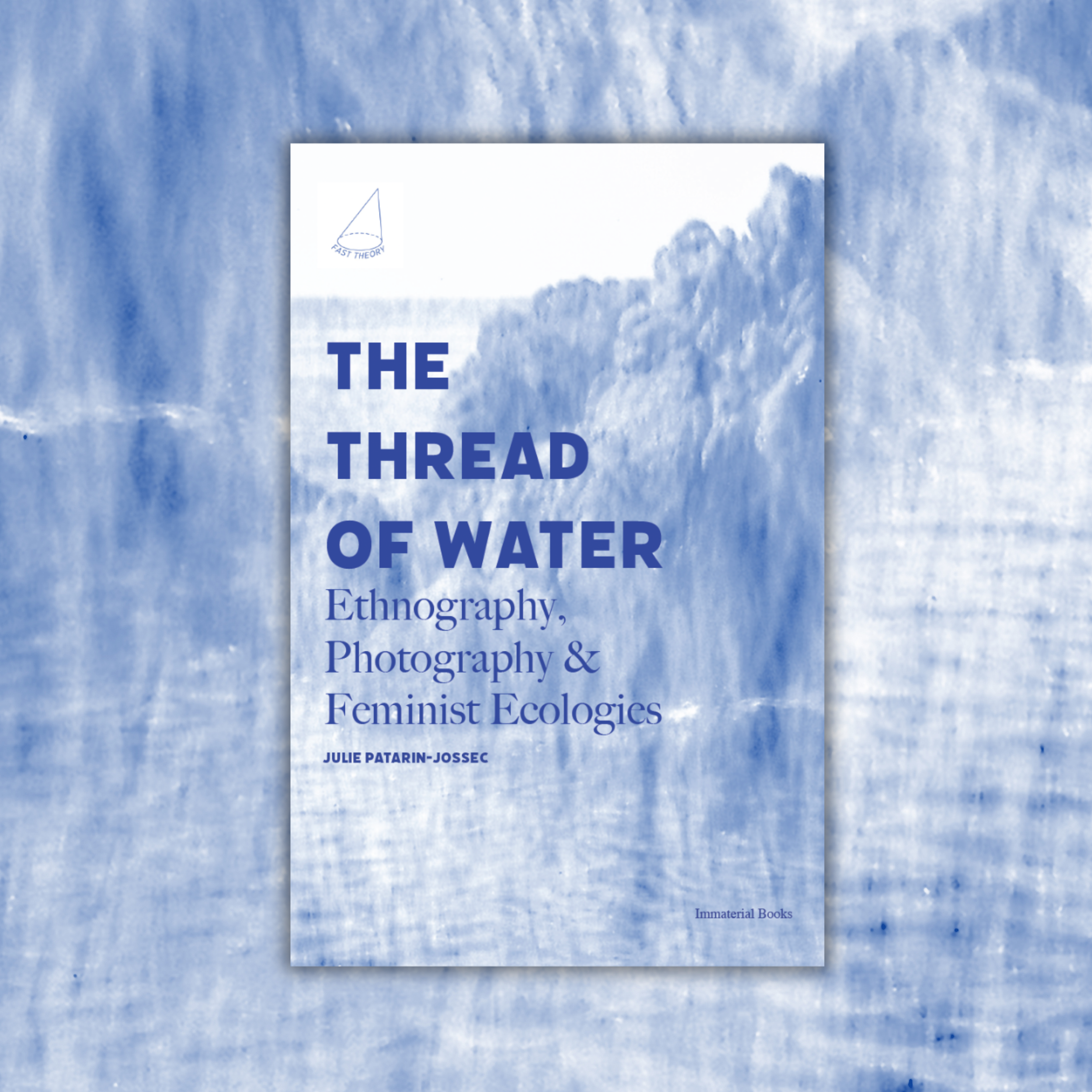Fast Theory responds to the evolving intersections of photo media with technology, politics, and social change. We seek to articulate the ephemeral aspects of visual culture. The titles are designed to be concise and accessible, fostering broad engagement among diverse audiences, including academics, practitioners, and the general public.
Fast Theory thrives on experimentation, critique, and evolution. It embraces impermanence and failure as integral to the theoretical process, mirroring photo media practices' exploratory and dynamic nature. By prioritizing adaptability, it invites constant reinterpretation and refinement of ideas.
Fast Theory offers a nimble conceptual toolkit for engaging with and influencing cultural, political, and aesthetic currents.
Fast Theory reimagines through speed, adaptability, and responsiveness. It champions a mode of theorizing that mirrors the immediacy and transformative power of photo media, offering a dynamic space for ideas to take shape and influence our understanding of visual culture.
The Thread of Water
Julie Patarin-Jossec
The Thread of Water is a reflexive wandering in the depths of the Mediterranean Sea. The photographs investigate the colonial politics of the underseas through the eeriness of subaquatic weightlessness and light contrasts: artifacts and bodies are altered, if not disincarnated, in undefined waterscapes that build a narrative of dispossession and perdition. From digital to analog photography, including thermal imagery, the collection curated for this book questions how movement can transcend landscapes to embrace affect. But, more than anything, "The Thread of Water" is an intimate narrative about trauma and queerness that navigates different forms of storytelling (photographs, drawings, poetry, fieldwork notes) to explore the in-betweens, the coexistent multiplicities, and the pervasiveness of liberatory praxis.
Lady Justice
Tamsyn Gilbert (ed)
In the shadow of a digital revolution, Lady Justice positions the shift to "post-internet" as a pivotal historical marker—a moment when technology becomes not just a tool but a defining fabric of human culture. This collection examines how gender and power intersect with the rise of distributed networks, offering critical insights into the promises and perils of a hyper-connected world. By framing "post-internet" culture as a turning point, Lady Justice interrogates the narratives that have emerged in its wake, from the democratization of voices to the entrenchment of new hierarchies. This book calls us to consider not just where we are but where we might go in a digital age defined by transformation and tension.
FORTHCOMING
Submit Your Work
Fast Theory aims to offer readers nimble conceptual toolkits, using images and image thinking to engage with and influence cultural, political, and aesthetic currents. We’re looking for works no longer than 40,000 words:
Short Essays: Brief, thought-provoking explorations of contemporary phenomena in photo media.
Collaborative Dialogues: Conversations among theorists, artists, and practitioners to develop and challenge legacy and emerging ideas.
Modular Series: Collections of independent yet interrelated theories and images that can be approached in any order.




